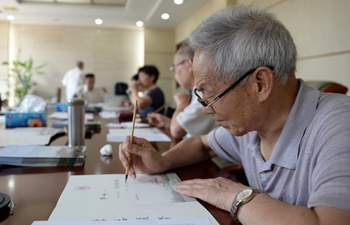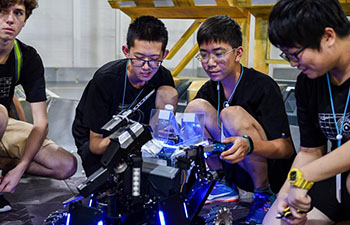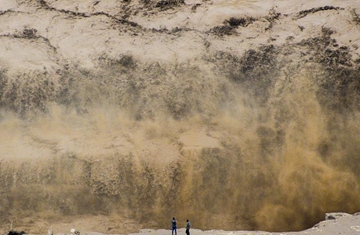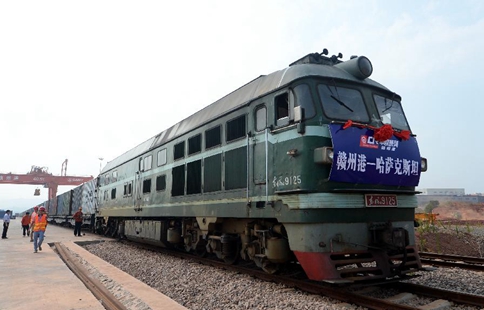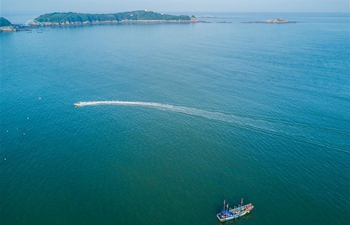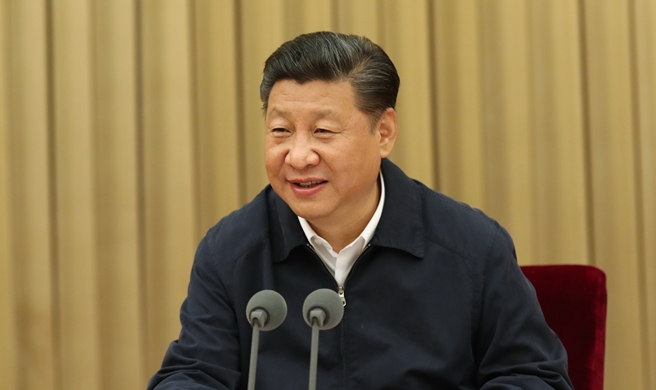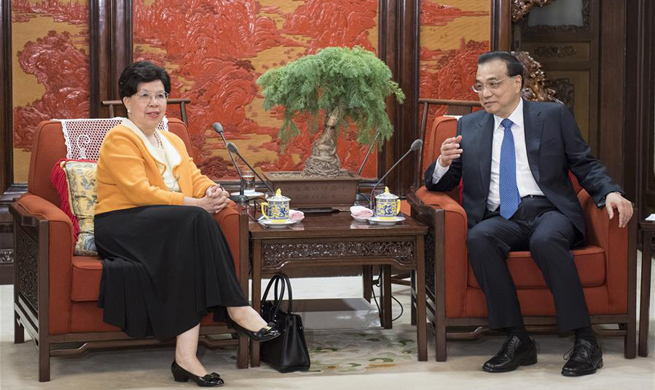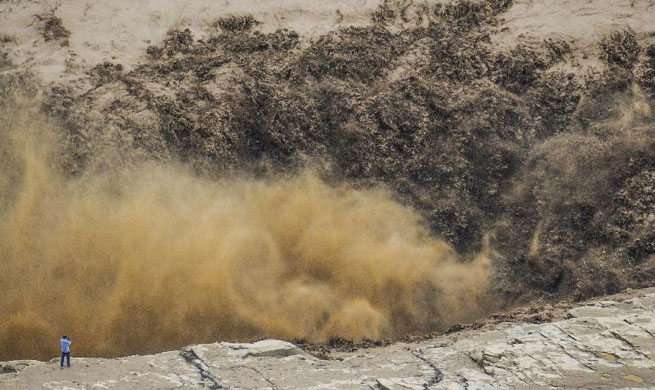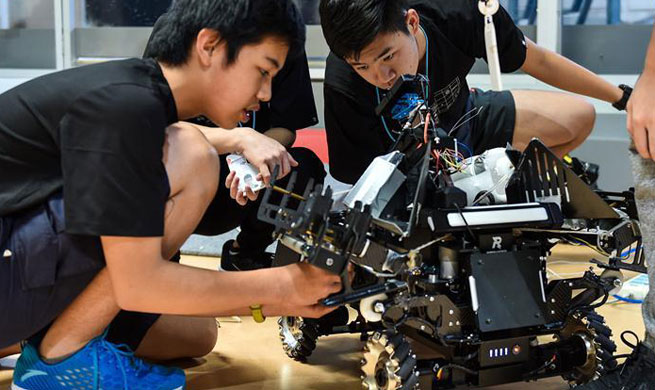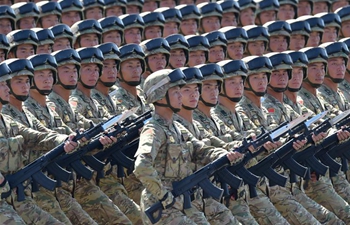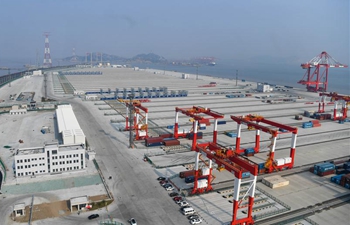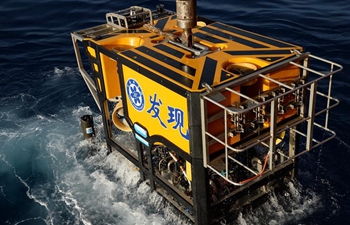BEIJING, July 28 (Xinhua) -- The result of an investigation into a scandal in which a foreign medical journal retracted 107 papers from China for peer review fraud was announced by the Ministry of Science and Technology (MST) on Thursday.
The medical journal "Tumor Biology," published by Springer Nature, retracted the papers in April, after an investigation found the peer review process had been compromised by using fabricated email addresses of reviewers.
Of the 521 authors implicated, 11 were deemed innocent with 24 still under investigation. Among the remaining authors, 486 authors were found guilty of misconduct at various levels. A total of 102 were found to be mainly responsible, 70 secondarily responsible and 314 did not participate in fraud, said He Defang, a ministry official in charge of rule enforcement.
The 314 authors, who were found not guilty of fraud or from benefiting from any scientific and technological programs or awards, were blamed for neglecting the management of academic achievements and paper publications.
In the 107 papers published, two were repeat publications by the journal. One was retracted by mistake and its authors were innocent. A total of 101 papers fabricated peer reviews or reviewers, in which 95 were reviewed by fabricated experts or had fake reviews provided by third-party institutions. Six had peer reviews or reviewers fabricated by the authors, according to He.
Twelve of the 101 papers were purchased from third-party institutions, with the remaining 89 papers completed by the authors themselves. Nine were fake in content.
He said that the academic fraud had severely damaged China's national image, and called for a healthier academic environment and harsher punishment for academic misdeeds.
After the scandal, a joint work group was formed by the MST, Ministry of Education, National Health and Family Planning Commission, National Natural Science Foundation, and China Association for Science and Technology (CAST) to investigate the issue.
The work group maintained "zero tolerance" toward academic dishonesty and severely punished authors who had cheated, He said.
Altogether 376 authors involved in the scandal have been banned by their institutions from undertaking research programs for various periods of time. They also have their qualifications for promotion canceled, research funds retrieved, and awards and honors revoked.
In addition, they will face punishment according to the Communist Party of China discipline regulations and the regulations on personnel from public institutions, He said.
The MST has suspended the approval processes of 20 national scientific and technological projects that involve 21 authors implicated in the fraud. The Chinese Academy of Engineering has suspended an author's candidacy to be an academician.
The work group has taken measures to clean up the online academic atmosphere and the number of links to websites selling papers and relevant advertisements have been obviously reduced, the work group said.
It also suggested that certain implicated third-party institutions be investigated.
In early July, CAST issued a guideline on academic ethics, calling on the country's scientists and researchers to be self-disciplined and strongly oppose academic dishonesty.
He noted that relevant departments are creating stricter regulations on dealing with academic fraud.
Improved academic management systems will be set up in universities, colleges and research institutes to track and evaluate the academic levels of scientists and researchers, and to strengthen the examination of academic achievements due for publishing.




